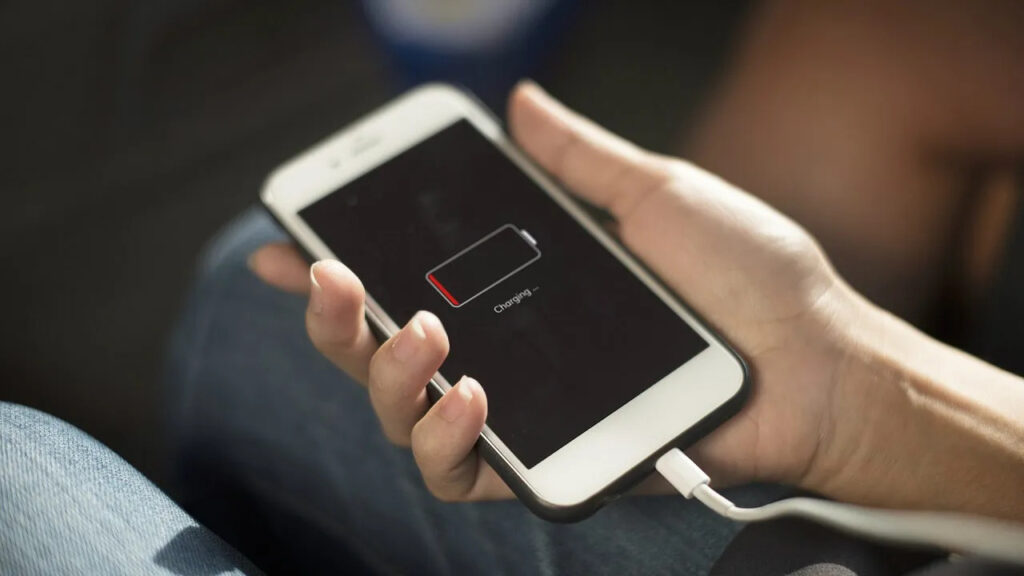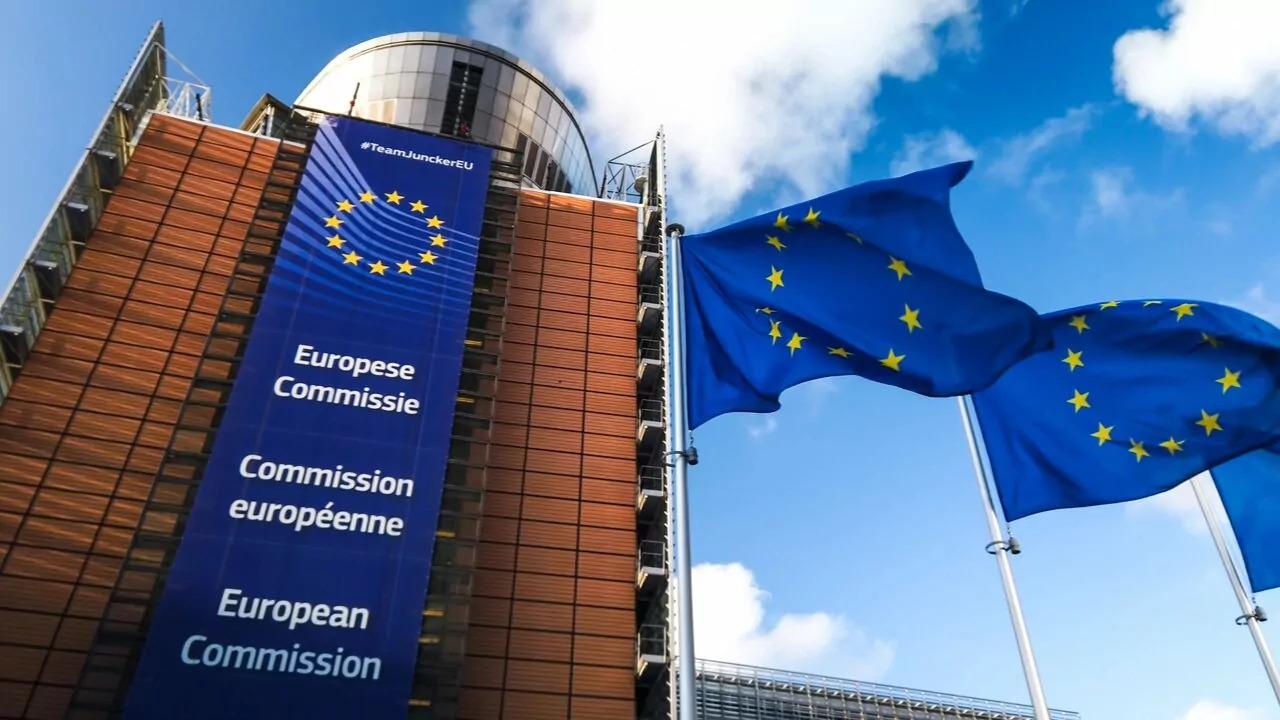In recent months, the European Union has agreed to a common USB-C charging port for phones. This was the first step taken by the EU, now, the battery/battery side is in focus. A study, currently in the draft stage, could completely change the use and management of batteries in electronic products to be sold in Europe. This study has many focal points, but the most notable is the “replaceable” structure.
The EU is getting serious about making batteries as green as possible
The Union aims to enable users to easily remove and replace the batteries of products such as smartphones and laptops. It also aims to make the content of the batteries more sustainable, reusable, and environmentally friendly.

In the cell phone era, the battery of almost every phone offered for sale could be easily replaced. In the smartphone era, companies started to eliminate this. The European Union wants to reinstate the old era, which means big changes for many technology companies. If accepted, this development, which will be very beneficial for the user, will not become a reality immediately. However, if it becomes law, it will even affect the production process of batteries.
Under the new rules, all companies selling batteries on the EU market will have to adopt a policy addressing the social and environmental risks associated with the sourcing, processing, and trading of raw materials used in the production of batteries. The regulation will also require companies to use a certain percentage of recycled materials (16% cobalt, 85% lead, 6% lithium, and 6% nickel) in batteries. This will make new batteries more environmentally friendly than before.

For those who missed it, the European Union wanted to introduce a common charging port for phones and many other electronic products to be sold in Europe in order to reduce electronic waste, and the final decision was made in recent months. By 2024, USB-C ports will be standard on many next-generation electronic products sold in Europe, including iPhones. Last month, this decision was accepted with 602 positive votes and was clearly formalized. Last week, December 28, 2024, was announced as the deadline for the decision.













